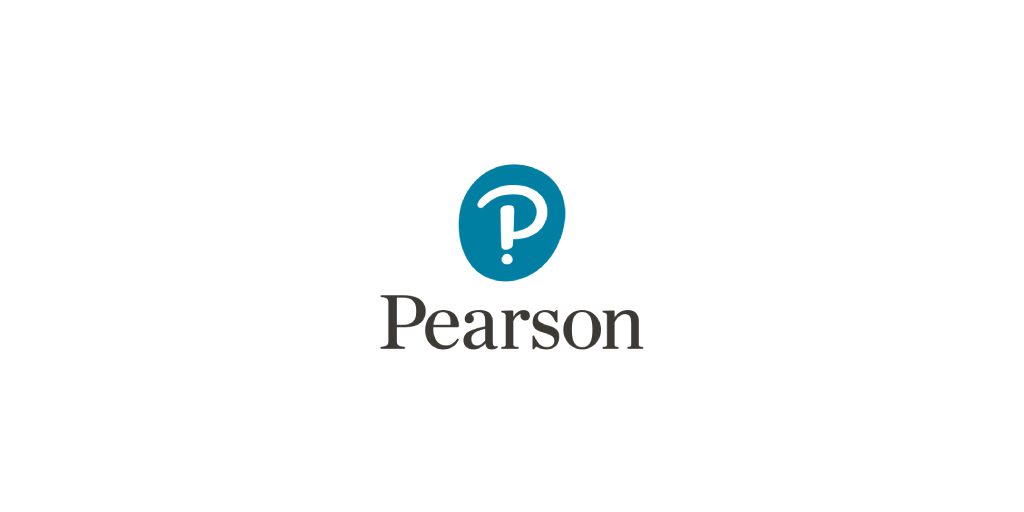Pearson’s Newly Created Edexcel Extended Project Qualification Pathway Offers A Level Students Opportunity to Study Role and Ethics of AI
LONDON–(BUSINESS WIRE)–Recent findings by Pearson (FTSE: PSON.L), the world’s leading learning company, discovered that over two-thirds (69%) of UK secondary school students would like to see more learning about generative artificial intelligence (Gen AI) in schools, as AI continues to play a greater role in the workplace and society.
Nearly three-quarters (74%) of those surveyed as part of Pearson’s upcoming annual School Report feel that it is important for them to learn more about Gen AI and the role it will play in the future, with 38% saying they already use tools like ChatGPT in their daily lives and 64% feeling it will be an important part of their professional life.
To address the growing need, Pearson collaborated with teachers to launch a new programme that gives A-level students across the UK the chance to study the role and ethics of Gen AI for the first time. The Extended Project Qualification pathway in Gen AI literacy – ‘EPQ:AI’ – leads to a recognised qualification. Hundreds of students are expected to submit projects around the topic of AI during the coming exam season.
Last year, around 37,000 students submitted an EPQ in the UK. Each EPQ is equivalent to half an A level in size and attracts up to 28 UCAS points. It can be incorporated into existing sixth form studies as an additional self-study project. The Gen AI focus allows students to lead investigations into the benefits and limitations of Gen AI across a range of real-life contexts and interest areas.
Pearson’s recent Skills Outlook found that in the UK, around 40% or more of the time spent on tasks involved in the working week of some white collar roles could be done by Gen AI. However, the data suggests that UK secondary school students do not yet feel adequately prepared for a world in which AI plays a greater role.
Nearly half (48%) of secondary school students asked believe that other countries are learning more about AI than those in the UK. One in five (22%) are unsure of what AI is, and just under half (43%) say they do not feel confident in identifying and understanding what the risks of AI are.
Sharon Hague, Managing Director, School Assessment & Qualifications, said: “It’s clear that many UK secondary school students are keen to learn more about Gen AI but some feel unprepared for the role AI will play in their lives in the future. Knowledge truly is power in enhancing the future job prospects of our young people and our Gen AI literacy pathway is just the first step in our collaboration with learners, educators, families, and experts to help today’s students thrive in a more AI-driven society and workplace.”
Derbyshire-based student Roman, aged 17-years-old, who is taking an EPQ:AI, said: “It’s important that students learn about AI. We’re becoming more aware, it’s becoming more important in our lives. We’re never going to get rid of AI, so I think it’s very important that we learn about the dangers but also the benefits of AI.”
Notes to editors
The Pearson Edexcel EPQ:AI is one of a range of pathways supporting students to learn about the important issues of today. Additional pathways are in Climate and Sustainability and Future Skills. Find out more here
About Pearson
At Pearson, our purpose is simple: to add life to a lifetime of learning. We believe that every learning opportunity is a chance for a personal breakthrough. That’s why our c.18,000 Pearson employees are committed to creating vibrant and enriching learning experiences designed for real-life impact. We are the world’s leading digital media learning company, serving customers in nearly 200 countries with digital content, assessments, qualifications, and data. For us, learning isn’t just what we do. It’s who we are. Visit us at pearsonplc.com
About the survey
Statistics from a survey conducted by Pearson via Censuswide between 23.04.2024 – 29.04.2024. The findings are based on responses from 1,002 secondary students aged between 11-16 across the UK. Censuswide abides by and employs members of the Market Research Society which is based on the ESOMAR principles.
Answers combine those that ‘somewhat agree’ and ‘strongly agree’ as well as those that are ‘not very confident’ and ‘not at all confident’.
Contacts






